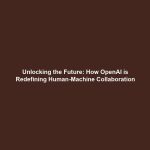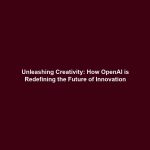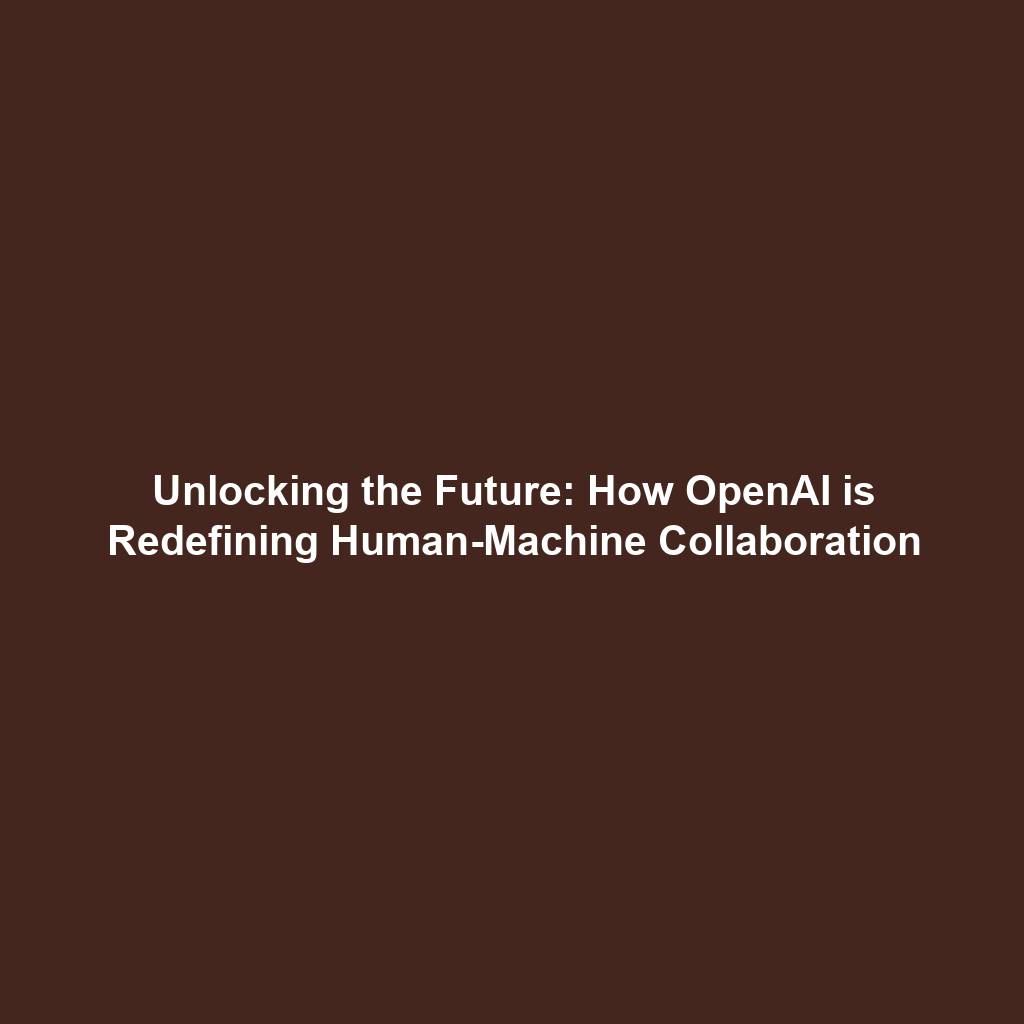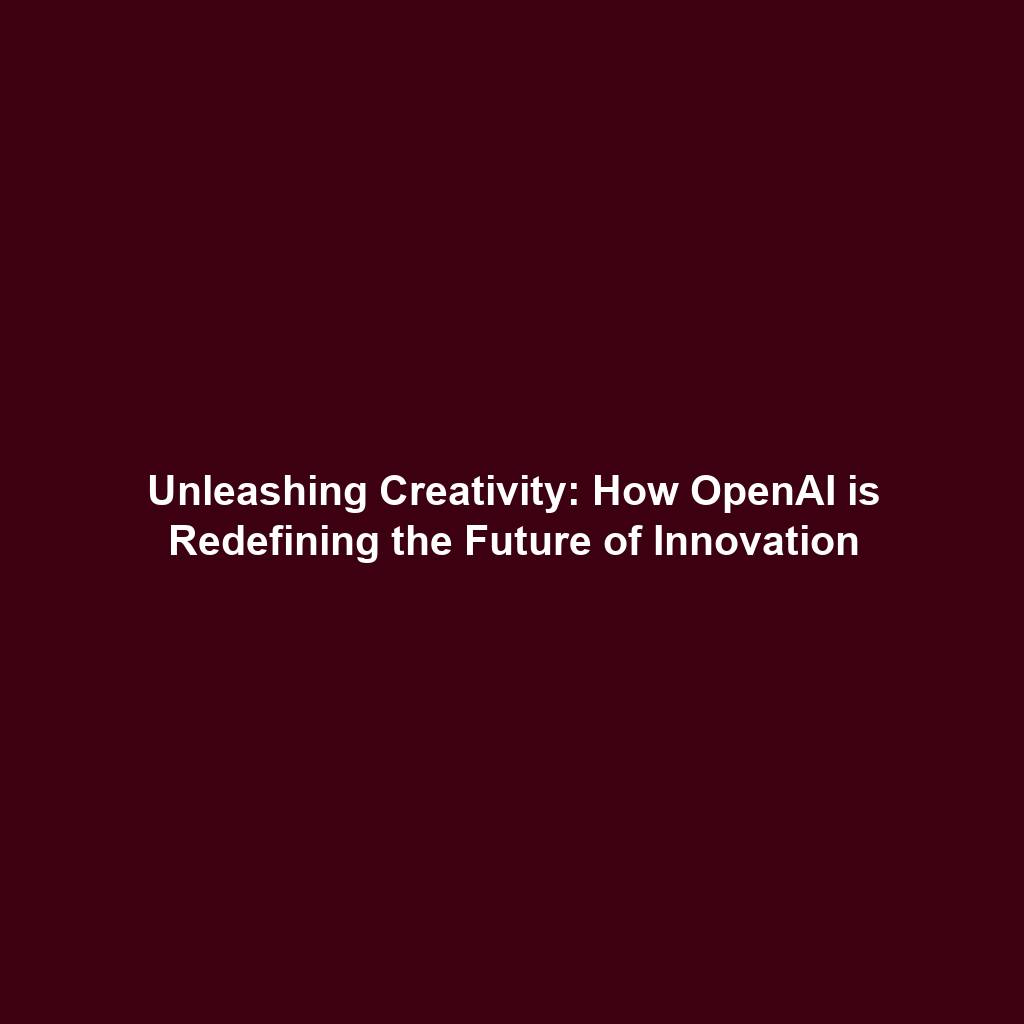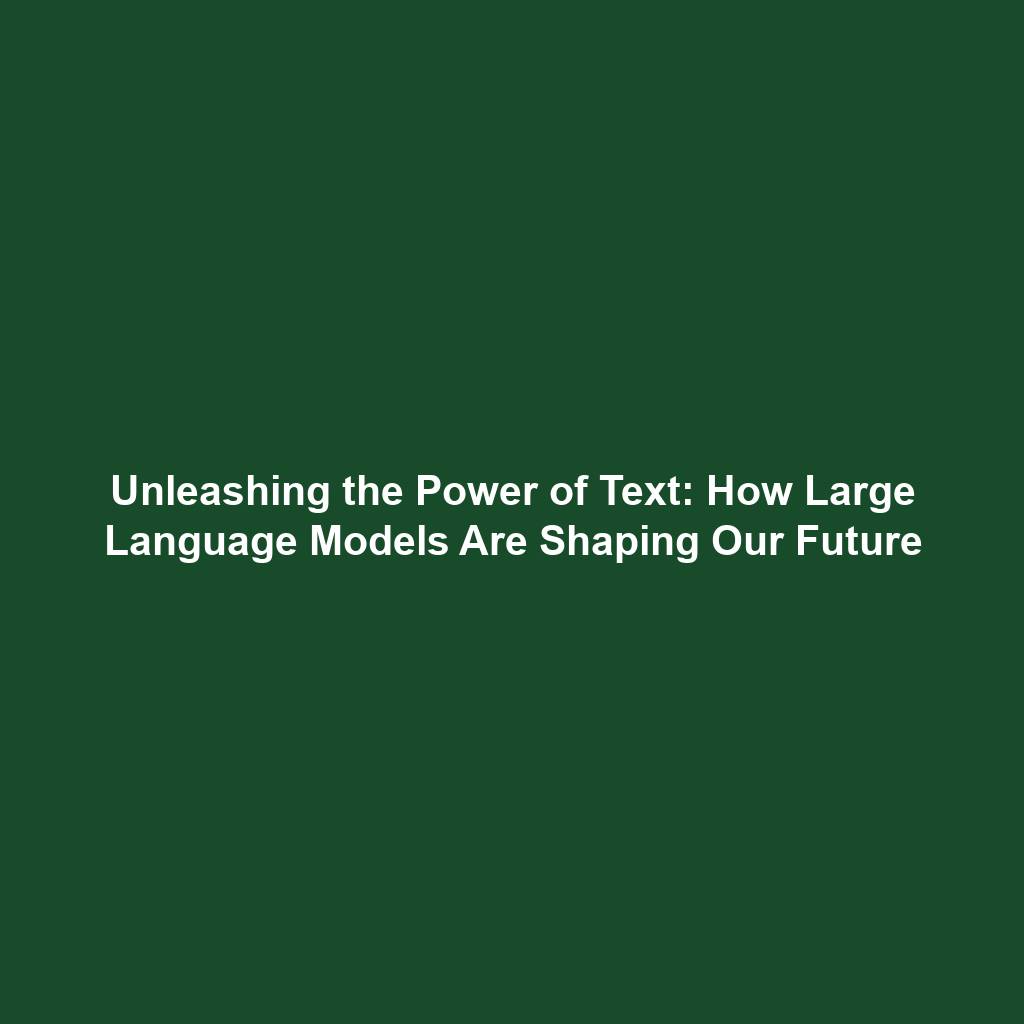Beyond Transactions: PayPal’s Internal Technological Acceleration Fuels Agentic Commerce Revolution

The landmark alliance between PayPal and OpenAI, announced on October 28, 2025, extends far beyond the headline-grabbing customer-facing commerce integrations within ChatGPT. This partnership is fundamentally rooted in a deep, strategic commitment to modernizing PayPal’s internal operations and aggressively accelerating employee productivity through the widespread adoption of cutting-edge large language models. This dual focus—external commerce innovation and internal operational excellence powered by the same core technology—is what positions PayPal to sustain its leadership as agentic systems become the undeniable standard for all digital interactions across the financial landscape.
Scaling Enterprise AI Capabilities Across the Workforce
A significant, though often less publicized, component of this comprehensive alliance involves the scaling of access to ChatGPT Enterprise across PayPal’s global footprint. This specialized version of the platform is not merely a consumer interface; it is specifically tailored for the rigorous demands of a large, global financial institution, offering enhanced security protocols, substantially greater context windows for complex reasoning, and the critical ability to create, analyze, and synthesize proprietary business information with greater fidelity and requisite privacy protection.
The strategic plan encompasses the rollout of this enterprise-grade AI toolset to PayPal’s substantial workforce, which exceeds twenty-four thousand employees globally. By integrating this powerful, secure AI directly into the fabric of daily workflows, the company aims to fundamentally enhance employee impact across every functional area. This spans from optimizing customer service responses and automating compliance review processes to generating and maintaining up-to-date process documentation. This internal adoption is recognized internally as a critical, non-negotiable step. It ensures that the company developing the transactional infrastructure for agentic commerce also possesses deep, practical, and secure expertise in leveraging the very AI that will be initiating those future transactions on behalf of consumers and merchants.
Enhancing Productivity Through Enterprise LLM Deployment
The adoption of ChatGPT Enterprise is designed to shift the productivity curve dramatically. Imagine a compliance analyst being able to feed thousands of pages of regulatory updates into the system and receive an immediate, synthesized summary of key changes impacting specific product lines, all while maintaining the necessary data governance controls that standard consumer models cannot guarantee. This is the immediate ROI PayPal is targeting as of late 2025.
- Security and Context: The Enterprise tier provides the necessary sandbox for handling sensitive financial and operational data, allowing for longer, more complex internal problem-solving sessions than consumer versions permit.
- Workflow Integration: The goal is not siloed usage but deep integration into existing internal tools, transforming routine analytical and administrative tasks into highly efficient, AI-assisted processes.
- Internal AI Literacy: By embedding the technology within the organization first, PayPal is building an internal culture fluent in prompt engineering and AI application, creating a competitive advantage in technological agility.
Leveraging Advanced Models for Product Engineering and Operations
Beyond broad workforce productivity, PayPal is strategically integrating OpenAI’s developer-focused tools to inject measurable velocity into its core engineering and product development cycles. This is the crucible where the next generation of financial technology is being forged, and access to state-of-the-art coding assistance is seen as a massive accelerator.
This internal strategy involves providing its engineering teams with direct access to tools such as Codex, which is specifically engineered to assist software developers by writing, completing, and explaining complex code in various programming languages. By enabling its engineering personnel to utilize Codex as a development partner, PayPal anticipates a significant, tangible acceleration in its software development velocity. This newfound speed allows teams to prototype new features for the Agentic Commerce Protocol, debug complex legacy codebases responsible for global transaction routing, and build bespoke internal tools more efficiently than ever before.
Holistic Integration for Operational Sophistication
The integration strategy is deliberately holistic. It extends well beyond the coding phase. There is a broader, meticulously planned integration of various OpenAI APIs into internal systems that govern critical functions such as product design ideation, complex operational planning simulations, and deep-dive data analysis platforms. This commitment underscores a comprehensive technological transformation that views AI not as an isolated customer-facing feature but as the central engine for running a modern, global financial institution.
The immediate objective is twofold: firstly, to raise the bar on the speed and sophistication of the products designed for consumers and merchants—most notably the Agentic Commerce Protocol (ACP) features launching in 2026. Secondly, to dramatically enhance the operational efficiency with which PayPal manages its vast, resilient global network. This internal utilization strategy is effectively acting as the ultimate proving ground, ensuring that the external innovations—like supporting the Agentic Commerce Protocol by providing a trusted, scalable, and compliant access layer for PayPal’s tens of millions of merchants within ChatGPT—are supported by a deeply AI-literate and technologically agile internal structure capable of managing the resulting transaction volume and complexity.
The Competitive Edge in the Agentic Era
The market context of October 2025 underscores the urgency of this integration. With competitors like Etsy, Shopify, and Walmart also forging paths into AI commerce, PayPal’s decision to anchor its strategy on both customer-facing payment facilitation and internal technological mastery provides a synergistic competitive advantage. The ability to rapidly iterate on the payment side, informed by internal AI expertise, means PayPal can adapt to the emerging agentic shopping behavior—where AI acts as a personal shopper—more swiftly than less integrated competitors.
This comprehensive approach signals a definitive pivot. PayPal is no longer just an online payment facilitator; it is asserting itself as a foundational technology layer for the next generation of AI-mediated commerce. The seamless inclusion of the PayPal wallet, with its existing buyer/seller protections and multi-funding options, into OpenAI’s Instant Checkout promises to convert conversational browsing into friction-free purchasing, solidifying its role at the core of this emerging ecosystem.
Furthermore, this deep commitment to proprietary AI capability acts as a hedge and an enabler. By mastering the tools that drive transaction orchestration, data synthesis, and product engineering, PayPal ensures that its future is built not merely on partnerships, but on unparalleled internal command of the very technology that will define the transaction of tomorrow. This dual focus guarantees that as agentic systems move from novelty to standard over the coming years, PayPal will be positioned not just to participate, but to lead the infrastructure behind these interactions.
The market has already reacted to the external news, with PayPal shares exhibiting strong positive movement following the October 28th announcements, reflecting investor confidence in CEO Alex Chriss’s strategic direction centered on AI and core monetization levers like Venmo, which is projected to generate $1.7 billion in revenue in 2025. However, the internal AI acceleration remains the silent, yet most potent, catalyst driving the long-term structural improvements necessary to sustain that growth trajectory in an increasingly automated global economy.
